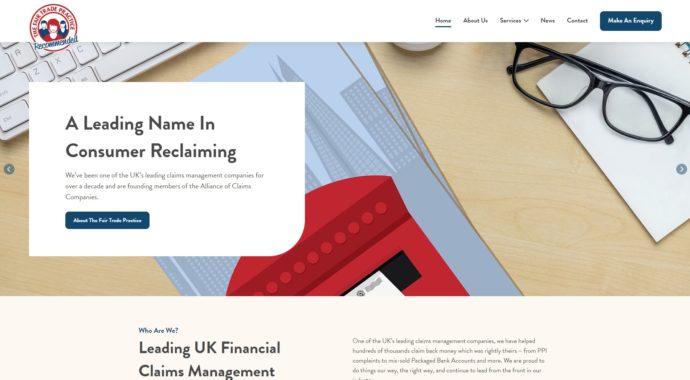Lloyds Bank former Chief Executive Eric Daniels has filed a legal claim in an attempt to reclaim bonus payments taken away from him at the height of the Payment Protection Insurance (PPI) mis-selling scandal.
Daniels ‘played a central role’ in the run-up to Lloyds being bailed out by the taxpayer in the financial crisis of 2008 and oversaw the sale of PPI policies, which he maintained were mostly sold correctly.
Currently Lloyds have set aside a total of more than £18bn for mis-sold PPI compensation and the bank was only returned to private hands earlier this year.
As its PPI mis-selling bill rose back in 2010 the bank took back more than a million pounds from the American, with Daniels still awarded £300,000 worth of performance related bonuses.
Now the former executive has filed a claim with the High Court, along with former head of the wholesale banking division Truett Tate, to claim back some of those reclaimed bonuses based on hitting his targets at the time.
66-year-old Daniels, who still works in London’s financial district, has been criticised by politicians on both the Treasury Select Committee and Banking Standards Commission.
When questioned about the bank’s approach to PPI legislation he once said he thought Lloyds ‘were on the side of the angels’.
Lloyds Banking Group paid just over £20bn in fines and misconduct charges over the last five years, putting them in the top five worst offenders across global banking.
Having recently increased their PPI provisions for the 17th time, Lloyds admitted that they have seen an unexpected increase in the number of complaints they are receiving despite a deadline being set on new PPI complaints.
To date more than £42bn has now been set aside by all UK banks as they continue to be affected by the ‘biggest mis-selling scandal in financial services history’.
Whilst setting a deadline the industry regulator the Financial Conduct Authority (FCA) admitted they do not know how many more people were affected by mis-sold PPI.
Plus new guidance passed in August relating to the legal case known as Plevin means just having PPI may now mean some consumers are owed compensation.



